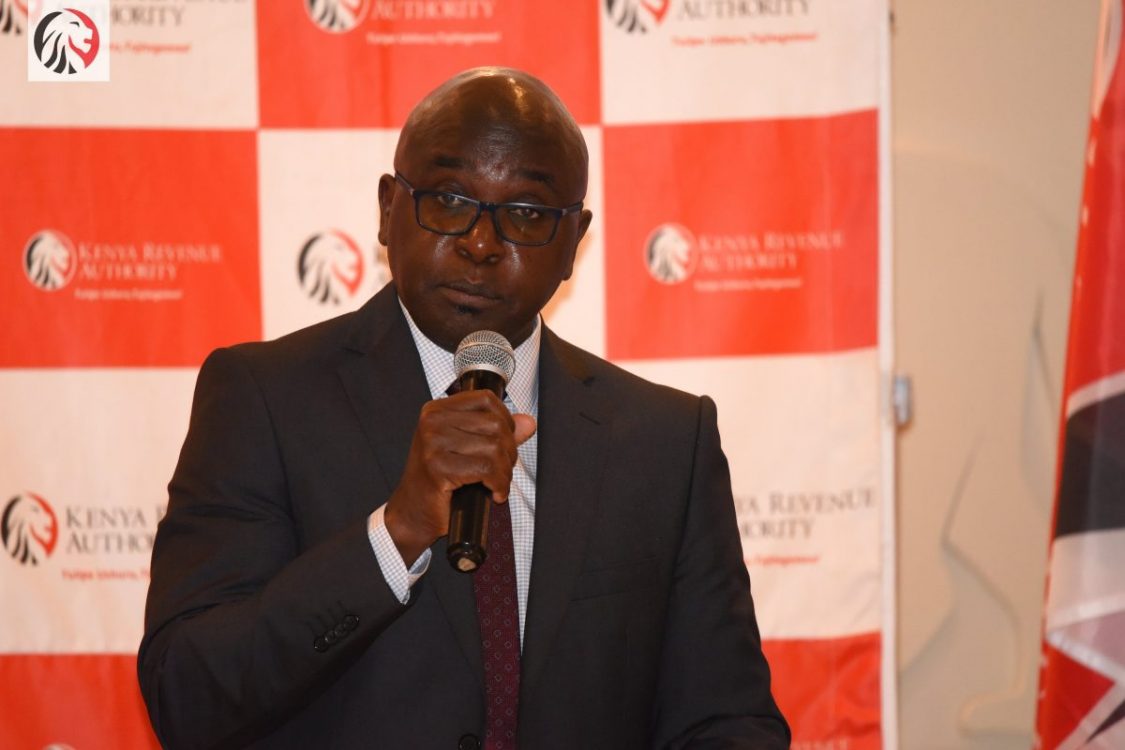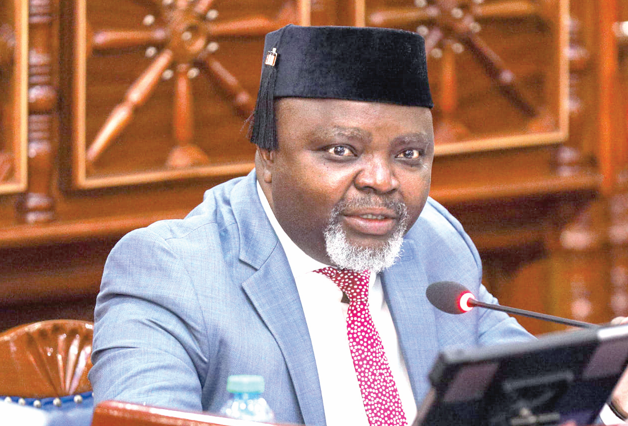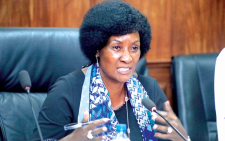KRA jobs scandal exposes politicians’ hypocrisy

The damning evidence that top Kenya Kwanza leaders may have machinated and executed a scheme to ensure that more than half of 1,406 Kenya Revenue Service Assistant recruits in 2023 came from their backyards is the latest illustration of how politicians are capable of speaking out of both sides of the mouth.
Someone who talks out of both sides of the mouth is someone who seems to be telling the truth, but in reality is just a good liar.
It can be recollected how leading politicians have stood on public rostrums and proclaimed to their cheering listeners, most of them rented, that the Kenya Kwanza government will serve all citizens equally and without discrimination on any ground.
This, even after making Cabinet-level appointments that left no doubt as to which ethnic communities and party affiliations were in favour with the powers-that-be.
In total disdain of the provision of the Constitution, it is now an established fact that the Public Service Commission disqualified a number of otherwise competent applicants on account of either being pregnant or testing positive for HIV.
The Kenya Revenue Authority (KRA) is, and aptly describes itself, as an agency that is responsible for the assessment, collection and accounting of all revenues that are due to the government in accordance with the laws of Kenya.
While the lopsided recruitment by KRA has since been annulled by a court, the process raised profound constitutional, ethical and integrity issues.
Chapter 15 of the Constitution makes provisions for the values and principles of public service, including the requirement to afford adequate and equal opportunities for appointment, training and advancement at all levels of the public service, of men and women; members of all ethnic groups that constitute Kenya; and persons with disabilities.
The public expectation, therefore, is that KRA is duty-bound to respect, promote and ensure that these legal and noble objectives are met, more so in a country that always totters at the precipice of ethnic-based violence whenever elections are held.
In its annual progress reports on the seemingly elusive quest for national unity, the National Cohesion and Integration Commission (NCIC) has painted a picture of a situation of continuing and widening disparities in representation of Kenya’s diverse ethnic communities in the public service at both the national and county levels.
But it is on the more pertinent issue of integrity that those who conceived and executed the recruitment at KRA must be called out and held to account. The scandal raises issues of obvious conflict of interest for which a Bill is currently pending before Parliament, raising doubts as to whether there is political will to combat conflict of interest rampant in the public service.
There is no doubt that political elites shared out the slots at KRA and abused their authority, failing as they did to exercise it in a manner consistent with the purposes and objects of the Constitution.
They failed dismally to demonstrate respect for the people; bring honour to the nation and dignity to their offices, dragging through the mud any public confidence and integrity that may have been associated with their offices.
The selection was not done on the basis of personal integrity, competence and suitability, nor were objectivity and impartiality the guiding principles in the decision-making processes, ensuring that decisions were not influenced by nepotism, favouritism, and other improper motives, or corrupt practices.
For this, the Ethics and Anti-Corruption Commission has a duty to conduct an investigation and ensure that those culpable are permanently barred from holding public office.
In the foreword to the Kenya Kwanza manifesto, then presidential candidate and now President, William Ruto sought to explain how his government will be different from the Jubilee administration that he served for two terms: “It is my firm conviction that our 2010 Constitution is serving us well where we have implemented it, and the challenges that remain are largely where we have resisted implementation.”
Ruto is in power today, and has remained studiously silent on the scandalous recruitment at KRA, and turned a deaf year to the echoes of his own statement on the obligations of his government to faithfully implement the Constitution. It was better while we waited. Now we have nothing to look forward to.
—The writer is the Executive Director of the Kenya National Civil Society Centre
—suba_churchill@yahoo.com















